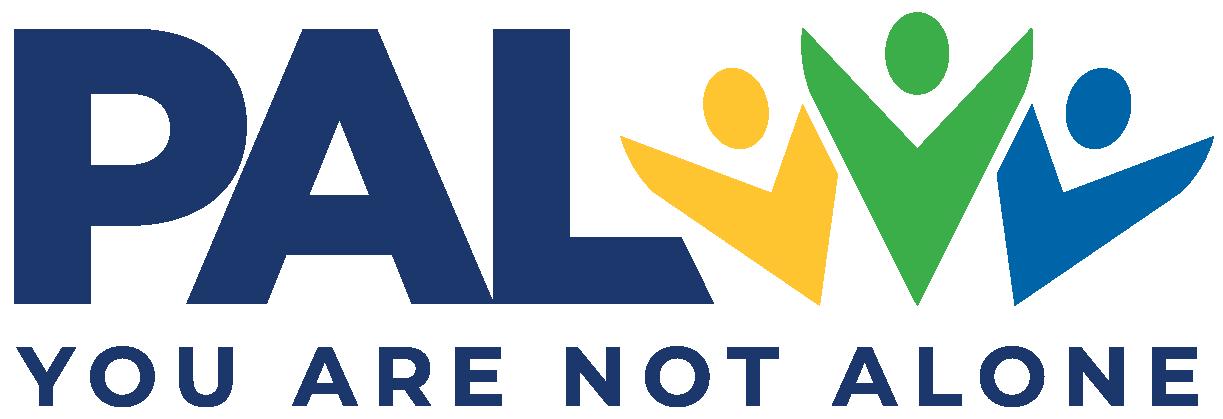
With the new year upon us, tradition seems to suggest we look at things we would like to change in our lives. Although we certainly do not need to wait for a new year, if that is motivation, let’s seize it.
For those who have experienced dealing with the trauma and drama associated with someone in active addiction, how are you looking at this new year? Is it with dread? In fear? I’m guessing it’s not as an opportunity.
I’d like to ask the following question to you as a parent: Life with a loved one suffering from addiction has left me ________?
If your response is something like, ‘hopeless’, ‘in fear’, ‘alone’, ‘depressed’, or some variation on those themes, you are typical. I hear those responses almost every time. What I do not hear is, “I see this crisis as an opportunity to grow,” or “Even in this pain and fear and hurt, I see the possibility of something different, better, or more.”
I want to suggest that we see possibilities even in these seemingly hopeless situations, that we use these situations to change, and that we respond in different ways that lead to personal growth.
To simplify this, I see four things you can choose to do:
- Adjust your perspective
- Shift your focus
- Set a new course
- Act with courage and persistence
Adjust your perspective
One person said it this way, “suffering is inevitable, but misery is optional.” It is imperative that we move from a victim mindset to an overcomer mindset. A victim, by definition, is someone that is powerless and without choices. Generally, that is not the case. You have power to act and to make a choice on how you respond to the crisis you are facing. Author and researcher Brené Brown in her work Rising Strong talks about thinking counterintuitively. We overcome by letting go. You can play the martyr (“woe is me,” or “this is my cross to bear”) or you can play the hulk (I’m big and strong and can do this on my own) or you can let go by giving up control. Relinquishing control is not “giving up,” it is accepting that you are powerless and surrendering to a God who can. This is a spiritual journey and when you see it from that perspective you can see that you are going through this situation for a reason and it’s for your maturity and growth.
Shift your focus
Think of your family like a solar system and there is a black hole in this solar system that represents your loved one in crisis, and you have made this your primary focus. If that is what you focus on, you will feel personally depleted, damaged, neglected, and conflicted and stuck in patterns of rescuing and enabling. This focus keeps you in a constant crisis mode reacting to the chaos rather than thoughtfully responding. The black hole is sucking all your energy and time.
The idea is to flip the system and look at the other parts of the family solar system instead of the black hole. Put your focus on yourself and/or your family members that are not suffering from addiction, and then you are in a better position to deal better with your loved one. With a change of focus, this helps you move past shame, fear and anger. Focusing on yourself and others in your life can be seen as opening a window, letting in the fresh air, and taking a breath. We can also see this as self-emancipation – “I choose to be free from this person’s control, I am choosing health!”
Set a new course
This is where you create a new vision for yourself and ask: “What do I want my life to look like?”
- Physically? (food, drinking, activity)
- Mentally? (free of codependency, fear, guilt, anger, depression, anxiety)
- Spiritually? (reconnect to faith and people of faith)
- Relationally? (marriage, friends, children)
- Creatively? (play, hobbies, interests)
- Financially? (retire debt, new financial goals)
- Vocationally? (career, work)
Don’t tackle everything at once, pick one area of growth you want to see and create small, doable steps. This is a good time to ask for help. Depending on where you are on this journey, you might consider a therapist, a PAL Group, a friend, a nutritionist, or a financial planner. The key is to not go at it alone.
Act with courage and persistence
Once you act with courage and choose that one area of growth, it’s time to practice persistence. Remind yourself daily about your goal, set boundaries and surrender to the idea of controlling the outcome. Once you conquer one change, you can move on to another by taking baby steps. Although they seem small at the time, they add up!
By following these four principles, you will transform from crisis to growth and you will start seeing a crisis as another opportunity that can lead to positive transformation. Things can be different; they can be better and there is more than the crisis in front of you.
I pray this helps you along your journey,
Ron Paterik, MA, LISAC
Ron is a licensed independent substance abuse counselor at Grand Canyon Counselling, in Phoenix Arizona
